Publications
Articles, publications, books, tools and multimedia features from the U.S. Institute of Peace provide the latest news, analysis, research findings, practitioner guides and reports, all related to the conflict zones and issues that are at the center of the Institute’s work to prevent and reduce violent conflict.
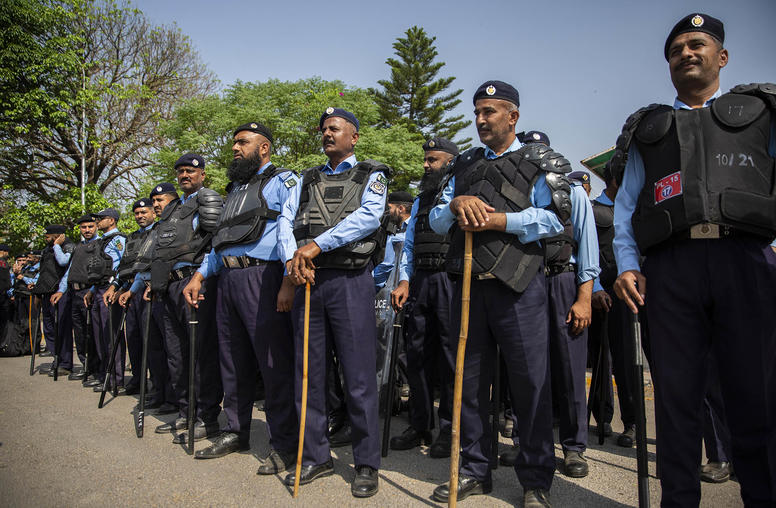
Pakistan’s Parliamentary Period Ends as Election Uncertainty Looms
A five-year parliamentary term just concluded in Pakistan, marking the third such term since the country's 2008 transition from military rule. These past five years were marred by domestic political tumult and an outsized — at times decisive — military role in politics. During this period, Pakistan witnessed two ruling coalitions with different prime ministers: the Imran Khan-led Pakistan Tehreek-e-Insaf (PTI) and allied parties from August 2018 to April 2022, followed by the Shehbaz Sharif-led Pakistan Muslim League Nawaz (PML-N) and allies from April 2022 until this week. Top political leaders also faced legal issues — most recently, Khan was convicted for illegally selling state gifts and disqualified from contesting the election.
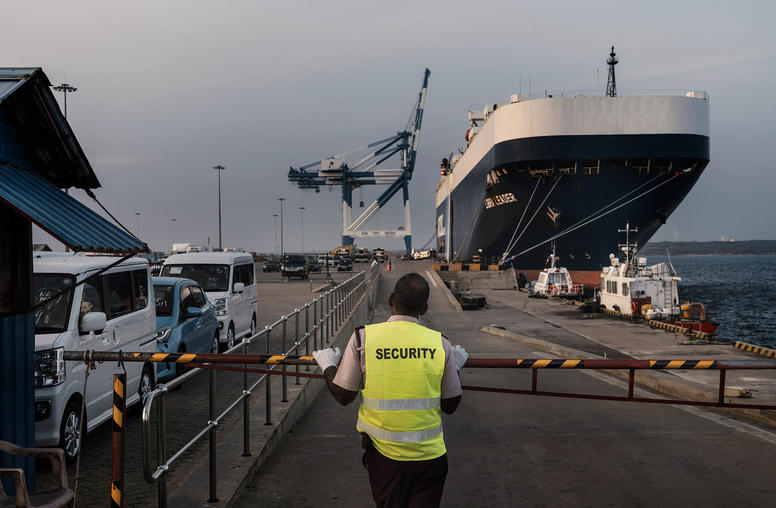
Indian Ocean Basing and Access: How Smaller States Navigate Major Power Competition
In late July, Sri Lankan President Ranil Wickremesinghe traveled to New Delhi to meet with Indian Prime Minister Narendra Modi. The trip addressed several important issues, such as greater connectivity. However, there was one item on the agenda that did not receive much media attention despite its potential impact on Indian Ocean regional security: Sri Lanka’s new standard operating procedure (SOP) to determine which military and non-military ships and aircraft may visit the country.
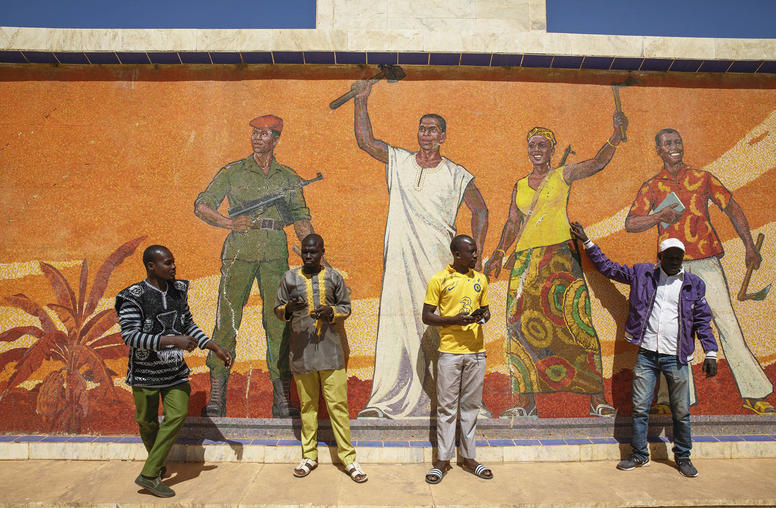
How to Respond to Niger’s Coup — and Prevent the Next One
Military officers in Niger are rushing to consolidate the power they seized 15 days ago, while West Africa’s elected governments and regional institutions are seeking ways to reverse the July 27 coup d’état. Niger’s coup seems a particular setback for democracy, completing a six-nation belt of military regimes across Africa’s Sahel region. Amid this uncertain power struggle, how can the world support Africans’ demonstrated demand for elected, democratic governance that meets their peoples’ needs? We should begin by hewing to several basic principles. One is to keep our responses to coups coherent — but not uniform. Niger’s coup is distinct; our response must be as well.
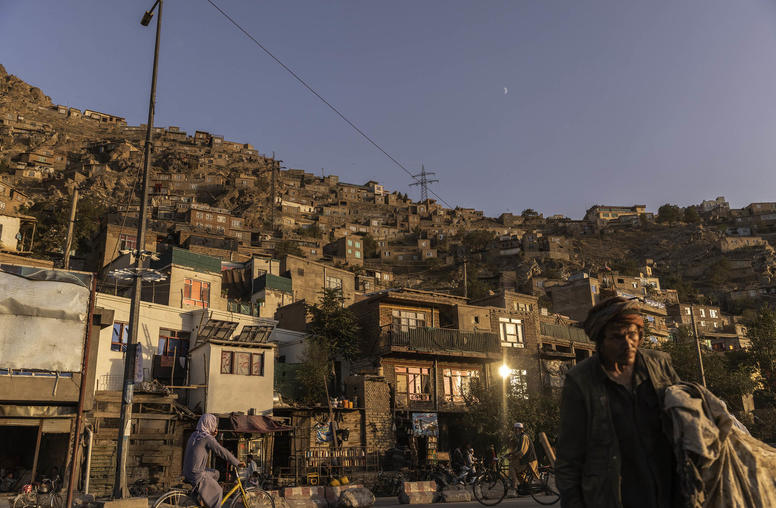
Two Years into Taliban Rule, New Shocks Weaken Afghan Economy
The Taliban have done a better job than expected in managing the Afghan economy despite some missteps. But nevertheless, the Afghan economy seems caught in a low-level equilibrium that leaves most Afghans poor, hungry and in need of humanitarian assistance. Moreover, new headwinds threaten to precipitate further economic decline, risking a repeat of the economic free-fall seen in the initial months following the August 2021 Taliban takeover. Much will depend on whether aid declines sharply or gradually, how seriously the opium ban is enforced for a second year during this fall’s planting season, and whether Taliban gender restrictions are tightened, maintained or weakened.
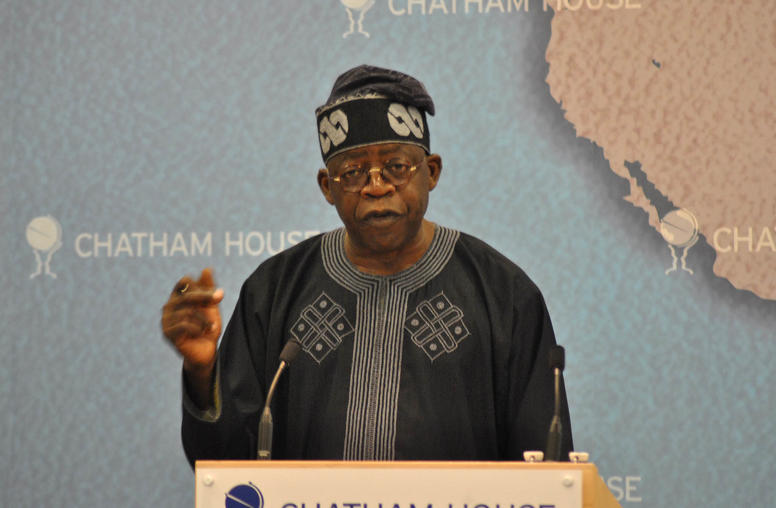
West Africa’s Leaders Face the High Stakes of Niger’s Coup
Amid the global challenges to building international stability and peace, a crisis increasingly forcing itself to the foreground — even amid those of record human displacement, climate degradation and unresolved wars — is the plunge by six countries across Africa’s Sahel region into coups d’état and military rule. Eight coups since 2020 have left 150 million people under rule by their armed forces. The latest coup, in Niger, is drawing a heightened international response, and a key player, the 15-nation West African community, today that it will pursue a long campaign of economic and diplomatic pressure, and that it sees military force as a last resort.
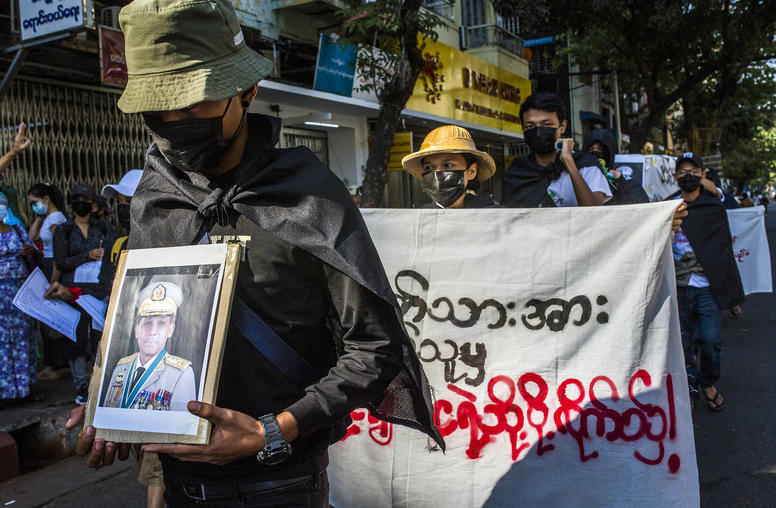
Is Myanmar’s Junta Turning a Corner?
Are conciliatory winds stirring among the leaders of Myanmar’s coup regime, or is the junta engaging in deception and distraction as it struggles on the battlefield against a broad range of resistance forces? The answer is almost certainly the latter. It would not be the first time the ruling generals have sought to stimulate international interest in promoting dialogue solely to enhance their legitimacy abroad.
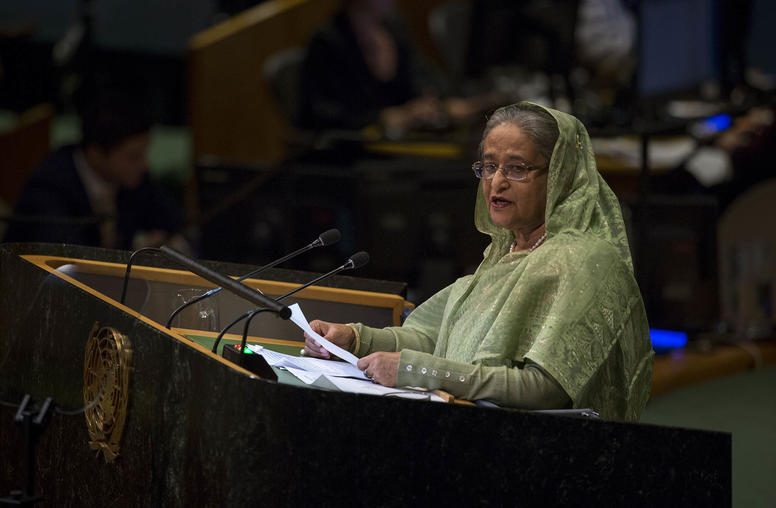
Bangladesh: Survey Reveals Premier Remains Popular Despite Growing Public Discontent
Political tension is rising in Bangladesh ahead of the country’s next round of national elections, due by January 2024. The opposition Bangladesh Nationalist Party (BNP) is boycotting elections to extract concessions from the government on election management; rampant inflation is increasing citizens’ daily struggles; and both the BNP and ruling Awami League (AL) are holding large rallies across the country to mobilize their supporters. Yet in this tumultuous political scenario, there is little publicly available polling to understand the state of race.

Mary Speck on Guatemala’s Watershed Elections
Ahead of the country’s second-round presidential elections later this month, USIP’s Mary Speck explains how judicial interference has injected chaos into the country’s democratic process. There are concerns that Guatemala’s democratic backsliding could reverberate throughout Central America. “What happens in Guatemala can affect the whole region.”
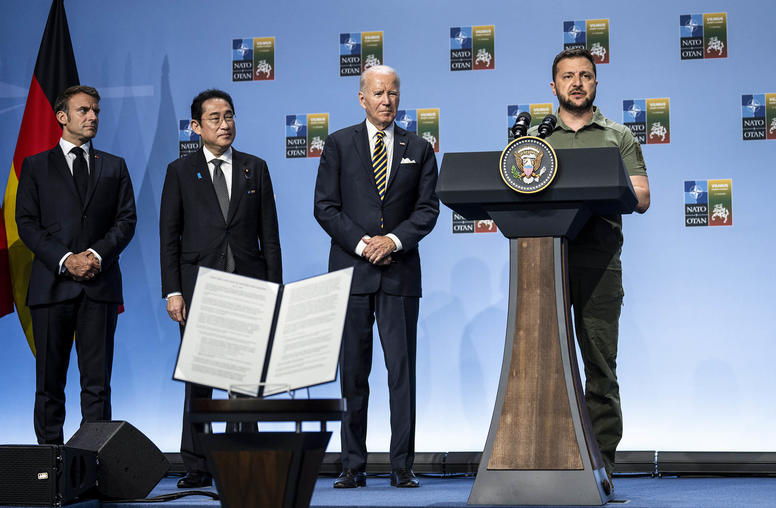
Ukraine is advancing its peace plan. The U.S. can help.
While Ukraine’s counteroffensive against Russia’s invasion has global attention on the battlefield, President Volodymyr Zelenskyy’s government is also busy advancing a diplomatic initiative: a peace summit to build momentum and cohesion among international partners on its 10-point peace plan. The United States should be a leader in backing this diplomatic effort — which is on the agenda this weekend in multilateral talks in Saudi Arabia. Broadening international buy-in for Ukraine’s peace plan serves U.S. interests. It can short-circuit less constructive peace initiatives and reinforce a cardinal international norm: An aggressor that launches an unprovoked war can't expect to set the terms for peace afterward.
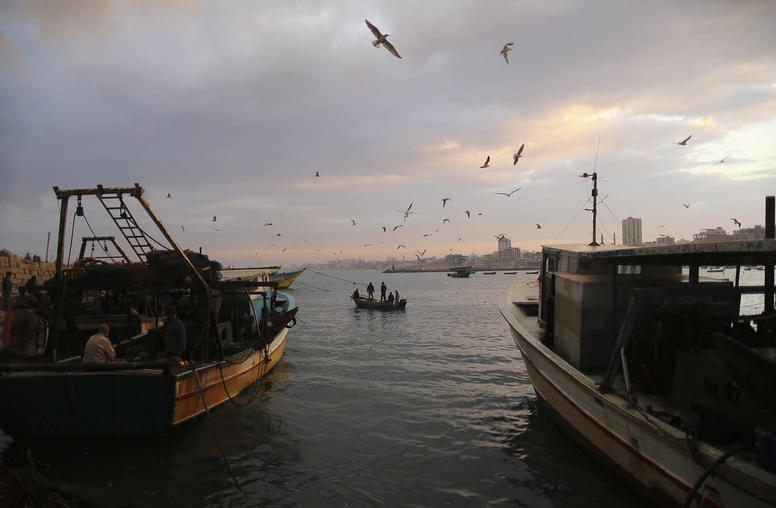
How a Gaza Marine Deal Could Benefit Palestinians, Israelis and the Region
Amid today’s dismal Israeli-Palestinian context, positive developments have been in short supply. However, Prime Minister Benjamin Netanyahu’s June announcement of preliminary approval for the development of the Gaza Marine gas fields provided a rare glimpse of a potential win-win opportunity. For the Palestinians, it could provide a much-needed boost to their lagging economy and the cash-strapped Palestinian Authority (PA). On the Israeli side, it allows the Netanyahu government to claim it is assisting in improving living conditions in Gaza and could lead to less U.S. pressure on issues like settlement expansion. In the big picture, this is another example of how energy is increasingly becoming a focus for potential win-win agreements in the East Mediterranean.